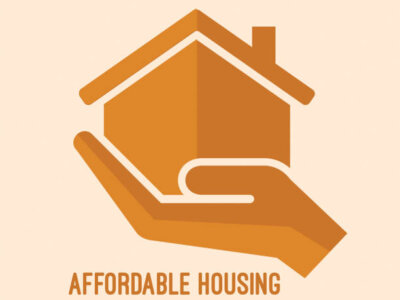
Eazy Tips: Real Estate Investment & Its Challenges In Nigeria
- November 1, 2021
- Articles
The real estate industry is one that adapts and evolves rapidly. However, it is not without its problems mostly because it is a dynamic sector that investors have to navigate. The challenges that investors face in the real estate market can impact their business significantly.
Added to the uncertainties in other sectors of the economy, these challenges are rather daunting, therefore they are prioritized. If you’re looking to invest in real estate in Nigeria, or if you’re already an investor. Here are the challenges you’re most likely to face, sooner or later.
1. An Unstable Capital Market

As a result, because the real estate sector is a component of this financial system, most protective investors will reconsider investing in real estate. However, raising capital for lands, fees, and construction costs will make things harder for estate agents. Financial help from the federal government for individuals and businesses has come in handy to curb short-term implications caused by the Coronavirus. However, as of late, payments and defaults on loans have grown significantly, it’s difficult to know what a long-term solution may look like. What will risk look like in the future and how much will it cost?
2. An Economy in Recovery

The key segments of our economy are still in disarray. Construction, retail, air travel, leisure, and hospitality suffered huge losses in revenue. These industries are expected to slowly and maybe even only partially recover over the next few years.
There are some jobs that may never return to the workforce following the COVID-19 pandemic. New jobs have been created to meet the demands of post-pandemic life. But over the next decade, we will have to find ways to adapt to our new normal.
3. Lack of Affordable Housing

Due to the exorbitant price tag, the social divide between different income earners has grown vast. In short, there are some areas where a middle-income earner, let alone a low-income earner, cannot afford to rent a home.
4. Keeping Up With Technology & Workflow

Buildings and spaces that are safer and more efficient will give investment property owners, landlords, and tenants greater peace of mind moving forward.
5. Underinvestment in Infrastructure

More agitators of the infrastructure dilemma are the pandemic, extreme weather, cyber-attacks, and terrorism. Each demanding stronger, more adaptable, and innovative solutions to our global infrastructure.
6. Naira Depreciation

Nevertheless, housing experts have made several recommendations for the country to become self-sufficient in the manufacturing of building materials.
7. Ineffective Property Protection Laws

Furthermore, despite the city’s law, which guarantees offenders 21 years in prison, omo-onile (general term for land grabbers in Lagos) continues to thrive in certain areas of Lagos State. There have been numerous cases where people’s land has been forcibly taken and buildings demolished, rendering the property protection law ineffective. This appears to be deterring a significant amount of real estate investors from investing in Nigerian property.
Conclusion
The importance of real estate in Nigeria cannot be overemphasized. It has generated tremendous wealth for the country. However, despite being Africa’s largest sector, it has faced a number of critical challenges over the years.
Building collapses, for example, have increased the number of human casualties, instilling fear in the majority of residents. These concerns have made the country’s real estate sector’s prospects less promising and likely to drive away potential property investors if not corrected.





0 Comments